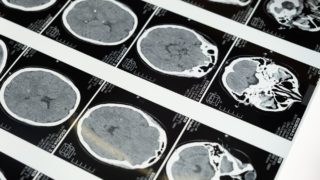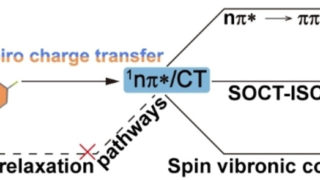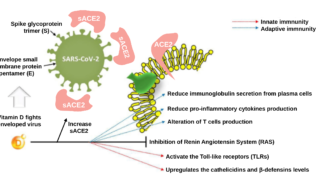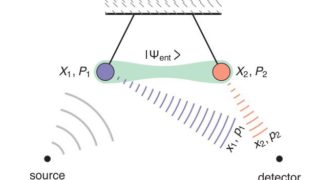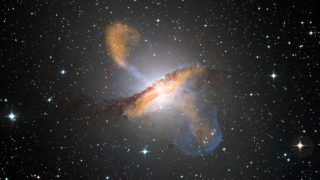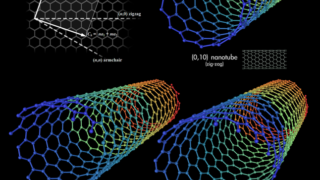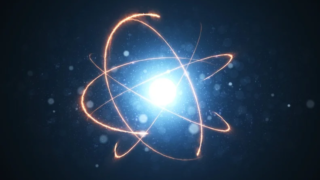
How a handful of prehistoric geniuses launched humanity’s technological revolution
For the first few million years of human evolution, technologies changed slowly. Some three million years ago, our ancestors were making chipped stone flakes and crude choppers. Two million years ago, hand-axes. A million years ago, primitive humans sometimes used fire, but with difficulty. Then, 500,000 years ago, technological change accelerated, as spearpoints, firemaking, axes […]
